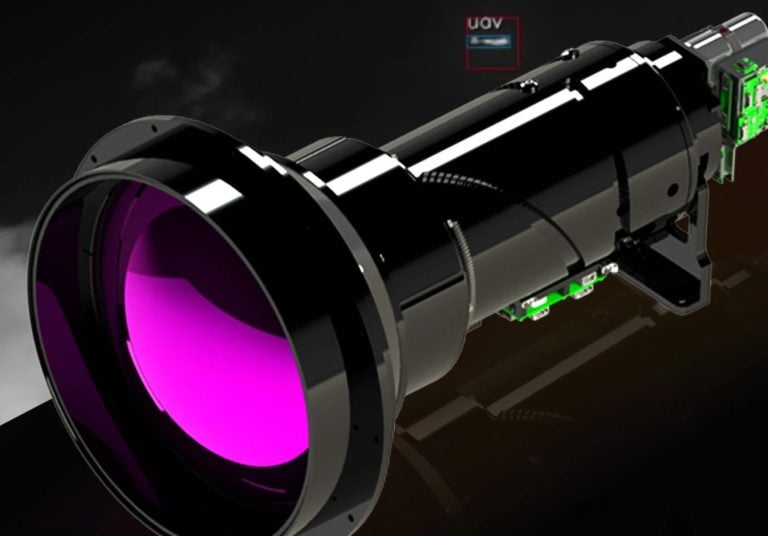In a significant move to bolster energy independence among militaries in Europe, German defense giant Rheinmetall has announced plans to establish a network of synthetic fuel plants throughout the region. The initiative, dubbed Giga PtX, aims to decrease the reliance on imported oil by enabling local production of fuels.
The project envisions the installation of hundreds of compact, modular facilities, each designed to yield between 5,000 to 7,000 tons (approximately 14.1 million to 19.8 million liters) of diesel, jet fuel, or marine fuel annually. This ambitious undertaking is set to involve collaboration with specialized energy companies, including Sunfire, Greenlyte Carbon Technologies, and INERATEC. Together, they will leverage renewable energy sources and captured carbon dioxide emissions to generate “e-fuels,” which are anticipated to be significantly cleaner compared to conventional fossil fuels.
Rheinmetall will take on the role of main contractor, overseeing all aspects from design and construction to the operation and maintenance of these facilities. Birgit Görtler, Rheinmetall’s vice president for hydrogen sales, emphasized the readiness of the consortium, stating, “We have exactly the partners we need. We are prepared and can start immediately. We are literally ready to go in order to strengthen fuel resilience in Germany and Europe in the long term.”
A crucial aspect of the Giga PtX project is its potential to enhance the war readiness of European forces. Rheinmetall’s emphasis on providing a resilient energy infrastructure underscores the increasing importance of self-sufficiency in the face of global uncertainties and potential conflicts. CEO Armin Papperger noted, “War readiness requires a resilient energy infrastructure,” highlighting the challenges that may arise for European nations relying on fossil fuel supply chains during defense scenarios.
For the technological components of the project, Sunfire will supply electrolysers, devices that split water into hydrogen and oxygen using renewable electricity. This hydrogen will then be combined with CO2 collected from the atmosphere to create synthetic fuels. Greenlyte will focus on carbon extraction systems, while INERATEC will be responsible for converting the hydrogen and carbon into liquid fuel.
The consortium has indicated that construction of the initial wave of plants could commence soon, contingent on obtaining the necessary political and regulatory approvals, marking a pivotal step toward achieving energy autonomy in the face of evolving geopolitical dynamics.







